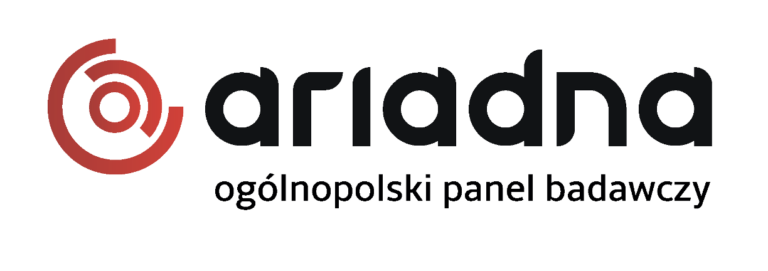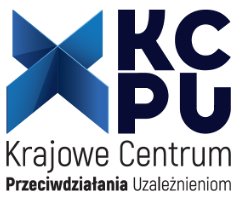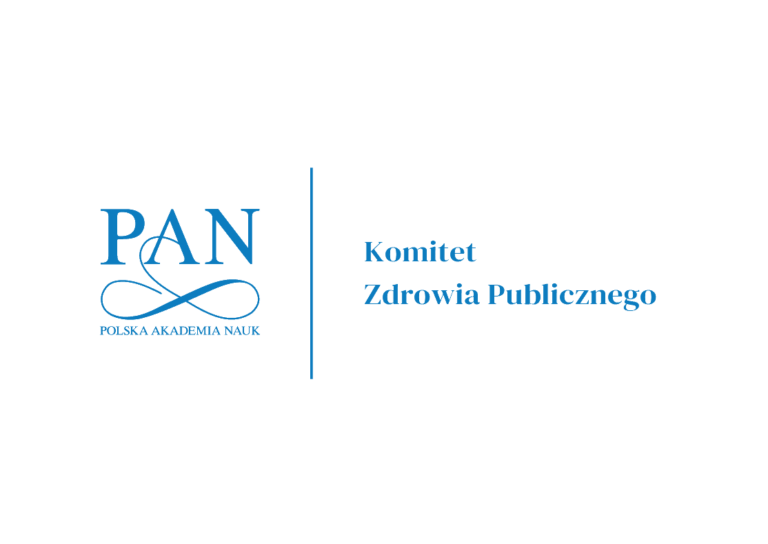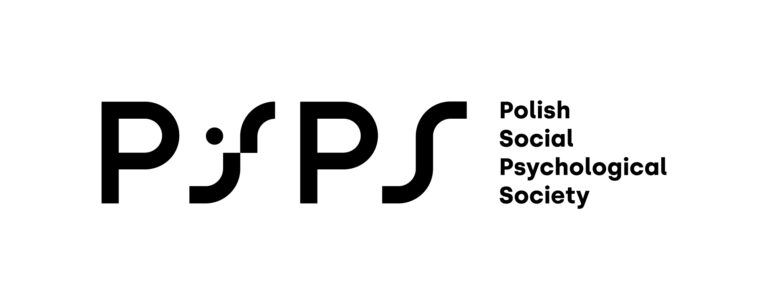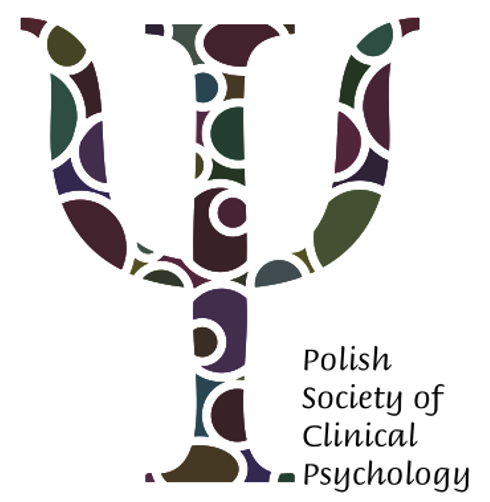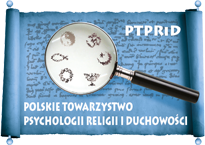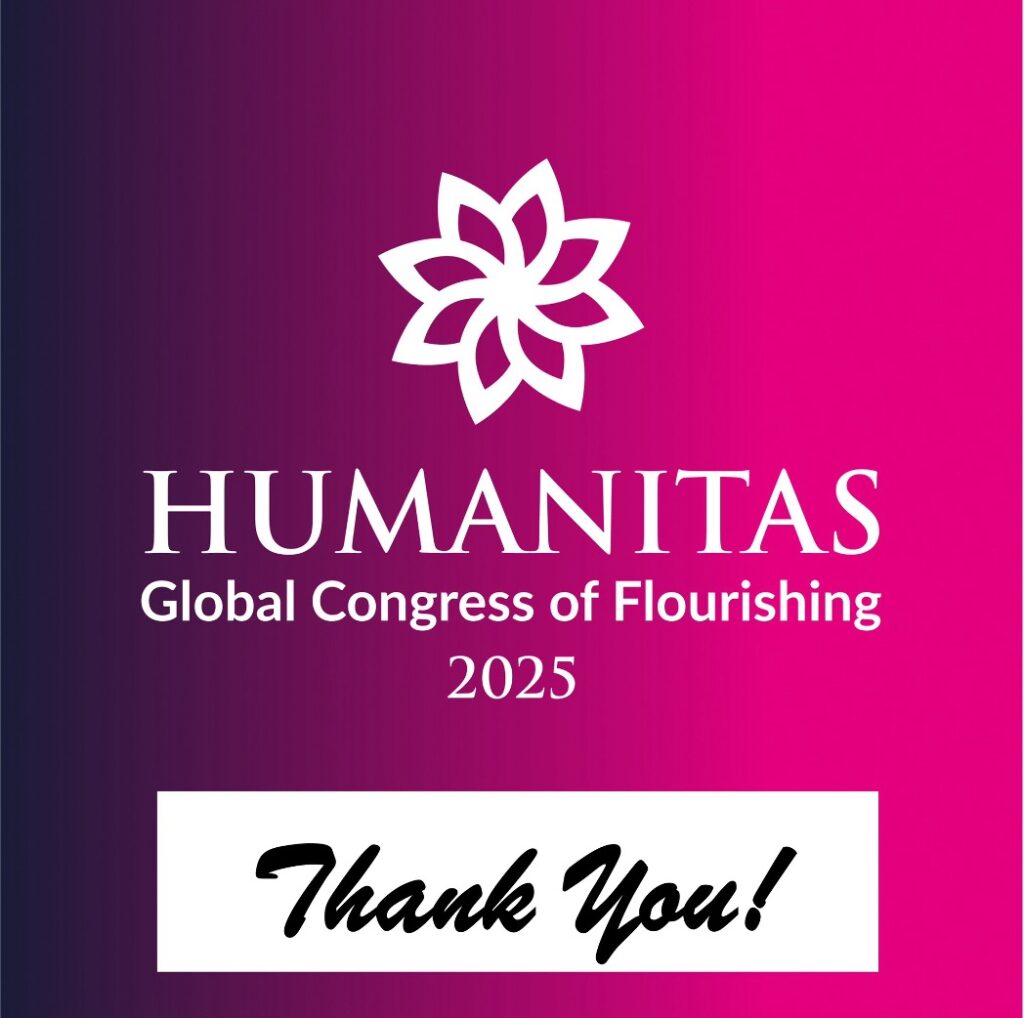
Welcome to the webpage for the HUMANITAS Global Congress of Flourishing! We are delighted to announce that this landmark international event is scheduled to take place from October 8 to 10, 2025, at Humanitas University in Sosnowiec, Poland.
The conference welcomes experienced researchers, as well as doctoral candidates, university graduates, students, business professionals, NGO representatives, and anyone with an interest in human well-being. It is particularly aimed at psychologists, educators, medical doctors, and other healthcare professionals, alongside specialists in fields such as social work, public health, and community development.
Languages of the Conference: 🇺🇸 English and 🇵🇱 Polish.
While all presentation formats at the conference can be delivered in either English or Polish, registration and abstract submissions must be completed in English. Additionally, the primary version of this webpage is in English.

Project co-funded by the state budget of the Republic of Poland, granted by the Minister of Science under the Excellent Science II Program (Doskonała Nauka II).

HUMANITAS Global Congress of Flourishing
The HUMANITAS Global Congress of Flourishing is an international academic event dedicated to fostering a comprehensive understanding of human well-being and exploring forward-thinking approaches to its promotion. This one-time hybrid conference is set to take place from October 8–10, 2025, with in-person sessions hosted at Humanitas University in Sosnowiec, Poland, and virtual participation via ClickMeeting, supplemented by live streaming on YouTube.
The congress aims to create a robust platform for interdisciplinary exchange, bringing together a diverse group of researchers, practitioners, and thought leaders worldwide. Its core objective is to address pressing global challenges affecting health and well-being, including migration, the COVID-19 pandemic’s aftermath, climate crises, and armed conflicts. Discussions will emphasize innovative strategies for fostering personal and societal development, enhancing psychosocial resilience, and adapting to adversity.
A key component of the event is its exploration of flourishing, a concept defined as a state in which individuals and communities reach their highest potential for well-being across various life domains. This includes positive emotions, a sense of meaning, active engagement, fulfilling relationships, and personal achievements (Fredrickson & Losada, 2005). Understanding and promoting flourishing is seen as crucial for addressing the complexities of interconnected global challenges.
Another vital focus is the recognition of cultural differences in how health and well-being are perceived and experienced. By examining these differences, the congress aims to promote cross-cultural understanding and collaboration, enabling actionable strategies for improving well-being on a global scale. Through fostering dialogue across disciplines and professional sectors, the event aspires to provide transformative insights and approaches to promoting human flourishing in a dynamic and interconnected world.
Event Details
- Dates: October 8-10, 2025
- Format: Hybrid (in-person sessions at Humanitas University and virtual participation via ClickMeeting)
- Location: Humanitas University, Sosnowiec, Poland
Theme and Objectives
The HUMANITAS Global Congress of Flourishing is an interdisciplinary forum dedicated to advancing innovative approaches to human well-being. Through collaborative exploration, the congress seeks to deepen our understanding of flourishing and inspire practical, sustainable solutions to global challenges. Its key objectives include:
- Examining Flourishing Across Cultures: Investigating the universal and culturally nuanced dimensions of flourishing through global research, interdisciplinary studies, and advancements in fields such as psychology, neurobiology, medicine, and educational sciences.
- Tackling Global Well-Being Challenges: Addressing critical issues like migration, armed conflicts, and post-pandemic recovery to foster inclusive and sustainable pathways for enhancing individual and collective health.
- Harnessing Creativity for Growth: Exploring creativity as a powerful catalyst for innovation, problem-solving, and personal development, with applications to complex global challenges.
- Advancing the Biopsychosocial Model of Health: Promoting a holistic perspective on health that integrates biological, psychological, and social factors, thereby enhancing resilience and overall well-being.
- Investigating Spirituality and Religion: Analyzing the role of spirituality and religion in fostering resilience, community cohesion, and healing, while addressing spiritual needs and integrating spiritual care into healthcare practices.
- Emphasizing Environmental Consciousness: Highlighting the interconnectedness of planetary health and human resilience, and integrating environmental awareness into the broader discourse on flourishing.
This congress blends cutting-edge research, innovative practices, and vibrant interdisciplinary dialogue to address the multifaceted nature of human well-being in a rapidly evolving world. It aims to serve as a catalyst for transformative solutions that enhance flourishing at both individual and societal levels.
Types of Presentations
The congress welcomes a variety of presentation formats to accommodate diverse academic and professional contributions:
- Keynote Lectures: Delivered by renowned experts, offering comprehensive insights into significant topics within the field.
- Oral Presentations: 15-minute sessions where researchers present their findings, followed by a Questions and Answers session to facilitate audience engagement and deeper understanding.
- Blitz Presentations: Brief, 5-minute talks focused on presenting key ideas or results concisely, followed by a Questions and Answers session to encourage interaction and dialogue.
- Poster Presentations: Visual research displays featured during designated sessions, creating opportunities for discussion, feedback, and networking (B1 portrait format).
Active Participation Options and Benefits
- Standard Fee: €50 (200 PLN)
- Discounted Fee: €40 (150 PLN; available for students, PhD candidates, and early bird registrants until February 28, 2025)
In-Person (Onsite) Attendance Benefits
Participants attending in person will have the opportunity to present their research, engage in discussions, network with peers, enjoy coffee breaks and meals, and receive a conference package.
Online Attendance Benefits
Online participants will have full access to all sessions in real time. Live online sessions will be hosted on ClickMeeting, where participants can present their research and actively take part in virtual discussions. Additionally, they can watch live streams of onsite sessions via YouTube, though they will not be able to participate in discussions. All online participants will also receive an e-package.
Special Offers & Awards
Our sponsor, Nationwide Research Panel Ariadna, has funded two vouchers for the best abstracts: one for an experienced researcher and one for a young researcher. Each voucher covers a study of 200 participants in a 20-minute survey on their research platform. The awardees will be selected by the Scientific Committee. Additionally, every active conference participant will receive a 28% discount coupon for PWN Scientific Bookstore.
Passive Access (Online & Onsite)
A free option allowing individuals to attend sessions broadcast on YouTube or onsite (subject to venue capacity) as viewers, without the ability to present materials or actively participate in discussions. Access to certain facilities and resources may be restricted.
This conference offers a unique platform to engage with the global discourse on flourishing, exchange cutting-edge ideas, and build meaningful connections in an ever-evolving world. Don’t miss this opportunity to be part of a transformative event shaping the future of well-being!
Keynote Speakers
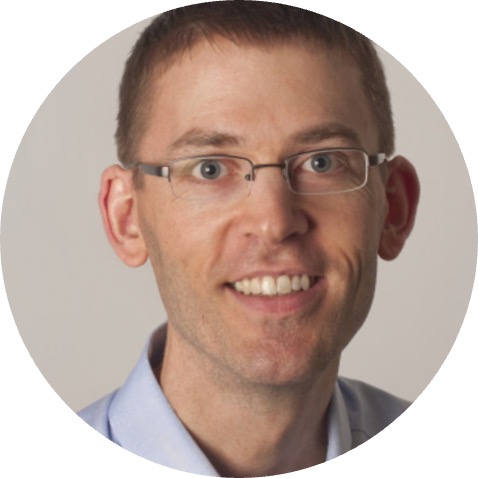
Prof. Dr. Loren L Toussaint
Department of Psychology,
Luther College,
Decorah, IA, USA
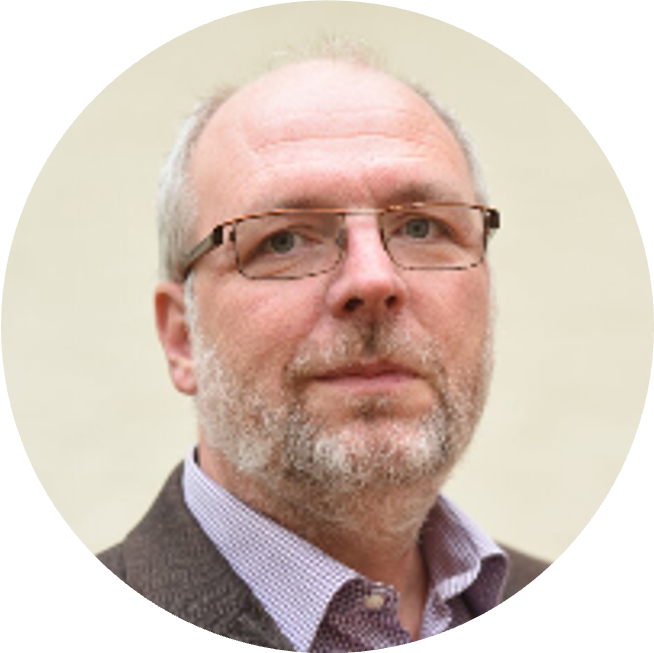
Prof. Univ. Dr. habil. Arndt Büssing
Department of Human Medicine,
Universität Witten/Herdecke,
Herdecke, Germany

Prof. Univ. Dr. Jon R Webb
Department of Community, Family, and Addiction Sciences,
Texas Tech University,
Lubbock, TX, USA

Prof. Dr. Adrianna Mendrek
Department of Psychology,
Bishop’s University,
Sherbrooke, QC, Canada
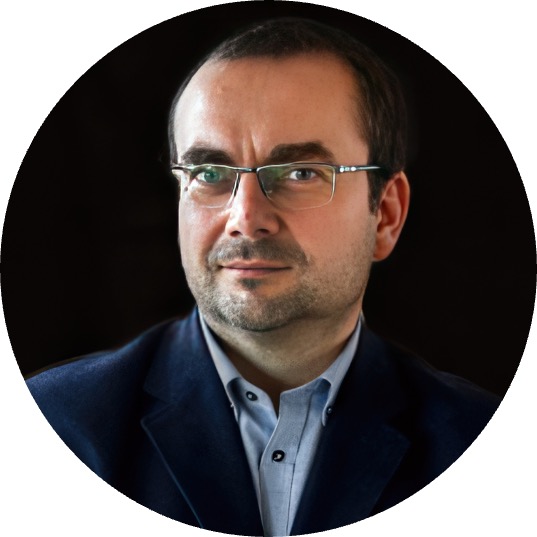
Prof. Univ. Dr. habil. Jan Cieciuch
Institute of Psychology, Cardinal Stefan Wyszyński University in Warsaw, Warsaw, Poland & Pracownia Testów Psychologicznych Polskiego Towarzystwa Psychologicznego, Warsaw, Poland
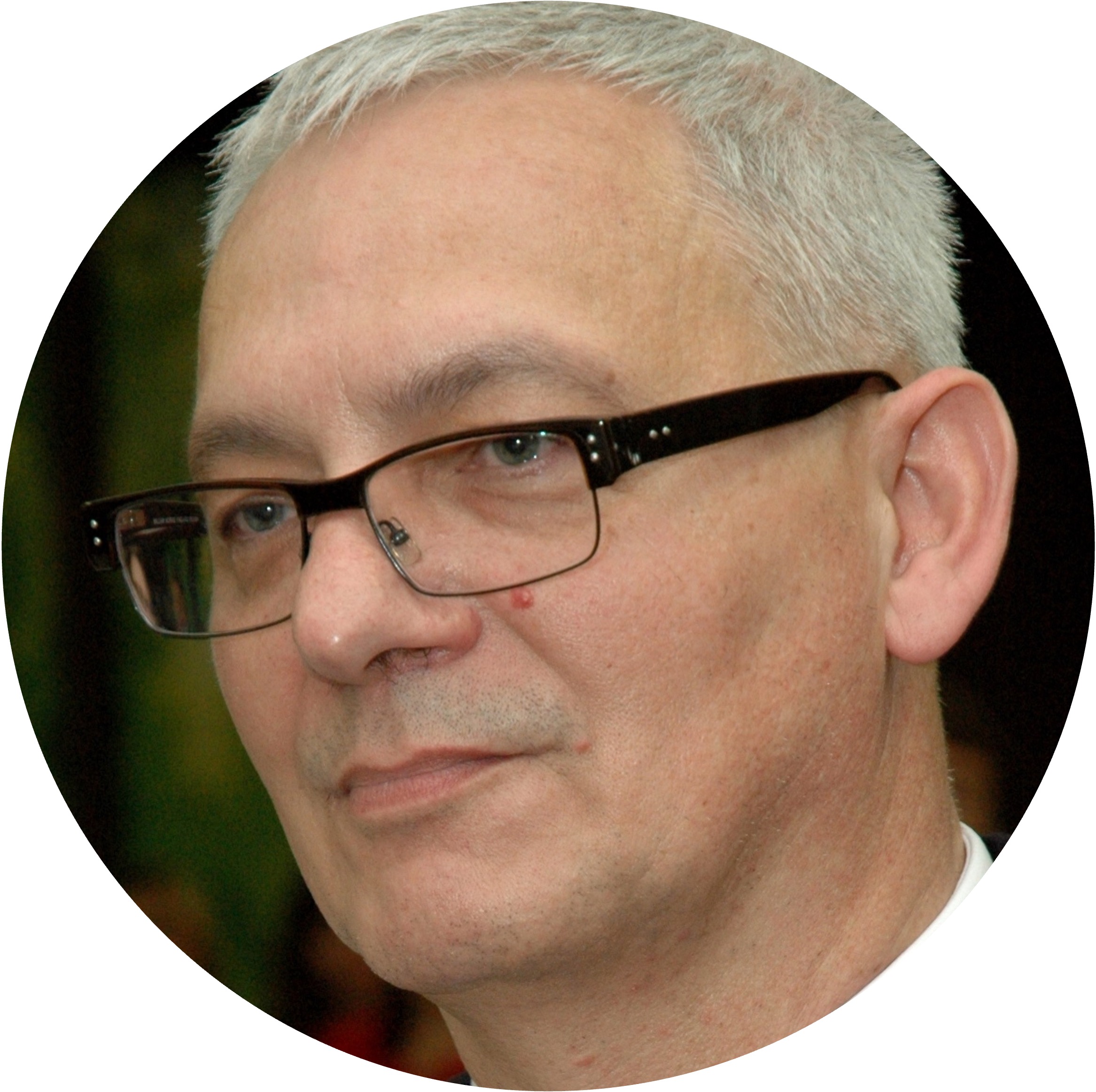
Prof. Dr. habil. Bogusław Śliwerski
Faculty of Educational Sciences, University of Łódź, Łódź, Poland & Institute of Pedagogy, The Maria Grzegorzewska University, Warsaw, Poland

Prof. Dr. Ben C. H. Kuo
Department of Psychology,
University of Windsor,
Windsor, ON, Canada
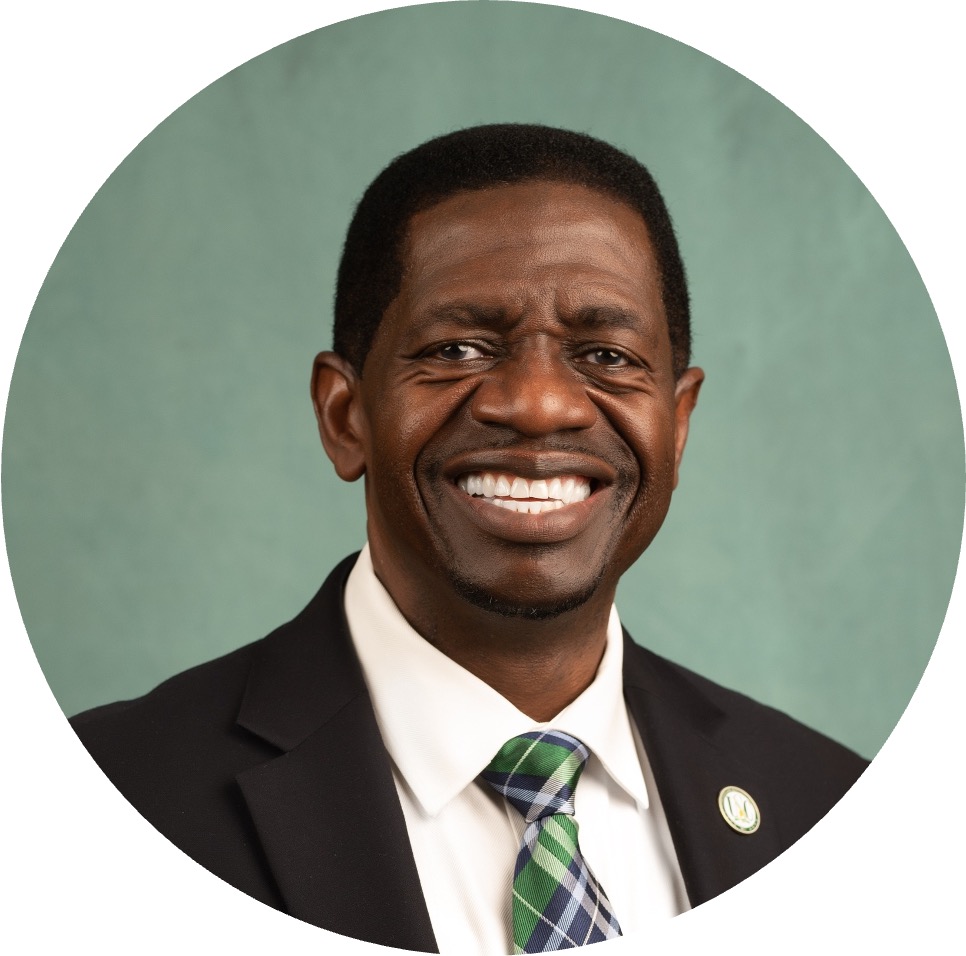
Prof. Dr. Colwick Wilson
President of the University of the Southern Caribbean in Trinidad and Tobago, Saint Joseph, Trinidad and Tobago
Scientific Committee
- Prof. Dr. habil. Halina Grzymała-Moszczyńska (Institute of Psychology, Ignatianum University in Krakow, Kraków, Poland)
- Prof. Dr. habil. Anna Kwiatkowska (Institute of Psychology, Polish Academy of Sciences, Warsaw, Poland)
- Prof. Dr. habil. Jarosław Michalski † (Institute of Pedagogy, Cardinal Stefan Wyszyński University in Warsaw, Warsaw, Poland)
- Prof. Dr. habil. Nina Ogińska-Bulik (Institute of Psychology, University of Łódź, Łódź, Poland)
- Prof. Dr. habil. Beata Pastwa-Wojciechowska (Institute of Psychology, University of Gdańsk, Gdańsk, Poland)
- Prof. Dr. habil. Marcin Rzeszutek (Faculty of Psychology, University of Warsaw, Warsaw, Poland)
- Prof. Dr. habil. Janusz Surzykiewicz (Chair of Social and Health Pedagogy, Catholic University of Eichstätt-Ingolstadt, Eichstätt, Germany) – Chair of the Scientific Committee
- Prof. Dr. habil. Ewa Syrek (Institute of Pedagogy, University of Silesia in Katowice, Katowice, Poland)
- Prof. Univ. Dr. habil. Paweł Atroszko (Institute of Psychology, University of Gdańsk, Gdańsk, Poland)
- Prof. Univ. Dr. habil. Anna Fidelus (Institute of Pedagogy, Cardinal Stefan Wyszyński University in Warsaw, Warsaw, Poland)
- Prof. Univ. Dr. habil. Piotr Gorczyca (Faculty of Medical Sciences in Zabrze, Medical University of Silesia, Katowice, Poland)
- Prof. Univ. Dr. habil. Karol Konaszewski (Faculty of Education Sciences, University of Białystok, Białystok, Poland)
- Prof. Univ. Dr. habil. Dariusz Krok (Institute of Psychology, University of Opole, Opole, Poland)
- Prof. Univ. Dr. habil. Jolanta Muszyńska (Faculty of Education Sciences, University of Białystok, Białystok, Poland)
- Prof. Univ. Dr. habil. Małgorzata Niesiobędzka (Faculty of Education Sciences, University of Białystok, Białystok, Poland)
- Prof. Univ. Dr. habil. Norbert G Pikuła (Faculty of Education, National Education Commission University in Krakow, Kraków, Poland)
- Prof. Univ. Dr. habil. Robert Pudlo (Faculty of Medical Sciences in Zabrze, Medical University of Silesia, Katowice, Poland)
- Prof. Univ. Dr. habil. Hanna Przybyła-Basista (Institute of Psychology, Vizja University, Warsaw, Poland)
- Prof. Univ. Dr. habil. Radosław Rogoza (Institute of Psychology, Vizja University, Warsaw, Poland)
- Prof. Univ. Dr. habil. Katarzyna Skrzypińska (Institute of Psychology, University of Gdańsk, Gdańsk, Poland)
- Prof. Univ. Dr. habil. Beata Zarzycka (Department of Psychology, The John Paul II Catholic University of Lublin, Lublin, Poland)
- Prof. Univ. Dr. Edyta Charzyńska (Faculty of Social Sciences, University of Silesia in Katowice, Katowice, Poland)
- Prof. Univ. Dr. Dagna Kocur (Faculty of Social Sciences, University of Silesia in Katowice, Katowice, Poland)
- Prof. Univ. Dr. Łukasz Kwadrans (Institute of Pedagogy, University of Silesia in Katowice, Katowice, Poland)
- Prof. Univ. Dr. Nino Makhashvili (Mental Health Center, Ilia State University, Tbilisi, Georgia)
- Prof. Univ. Dr. Florin Alin Sava (Faculty of Psychology, West University of Timișoara, Timișoara, Romania)
- Dr. habil. Karina Badura-Brzoza (Faculty of Medical Sciences in Zabrze, Medical University of Silesia, Katowice, Poland)
- Dr. Jean-Philippe Lanoix (Faculty of Medicine, University of Amiens, Amiens, France)
- Dr. Martin Offenbächer (Institute of Ecomedicine, Paracelsus Medical University, Salzburg, Austria)
Organizing Committee
- Prof. Univ. Dr. habil. Maciej Borski (Vice-Rector for Research, Humanitas University, Sosnowiec, Poland)
- Prof. Univ. Dr. Sebastian Binyamin Skalski-Bednarz (Institute of Psychology, Humanitas University, Sosnowiec, Poland & Chair of Social and Health Pedagogy, Catholic University of Eichstätt-Ingolstadt, Eichstätt, Germany) – Chair of the Organizing Committee
- Dr. Małgorzata Caban (Silesian Medical University in Katowice, Katowice, Poland)
- Dr. Paweł Dębski (Faculty of Medical Sciences in Zabrze, Medical University of Silesia, Katowice, Poland)
- Dr. Paweł Dobrakowski (Institute of Psychology, Humanitas University, Sosnowiec, Poland)
- Dr. Kinga Kaleta (Department of Psychology, Jan Kochanowski University in Kielce, Kielce, Poland)
- Dr. Magdalena Mosanya (Faculty of Psychology, Middlesex University, Dubai, United Arab Emirates)
- Dr. Justyna Mróz (Department of Psychology, Jan Kochanowski University in Kielce, Kielce, Poland)
- Dr. Marta Rogoza (Institute of Psychology, Polish Academy of Sciences, Warsaw, Poland)
- Dr. Jarosław Szczygieł (Institute of Psychology, Humanitas University, Sosnowiec, Poland)
- Dr. Dominika Wienchor (Institute of Management and Quality Sciences, Humanitas University, Sosnowiec, Poland)
- Marta Adamczyk, MA (Institute of Psychology, Humanitas University, Sosnowiec, Poland)
- Patrycja Uram, MA, MBA (Institute of Psychology, Polish Academy of Sciences, Warsaw, Poland) – Secretary of the Organizing Committee
- Beata Urbańska, MA, (Faculty of Psychology, SWPS University, Warsaw, Poland)
- Click here to view the full list of Organizing Committee members.




